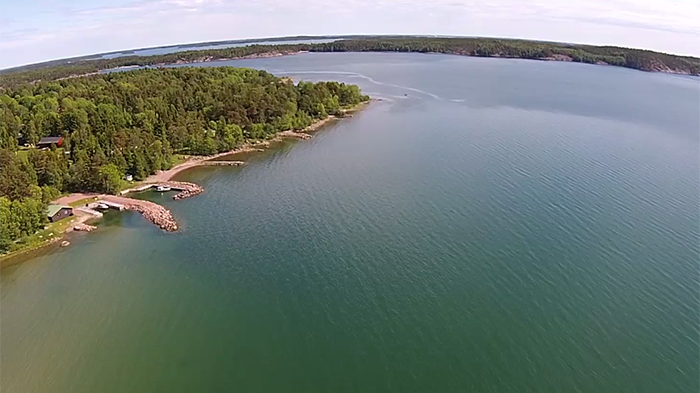University of Groningen researcher Jeanine Olsen publishes seagrass genome in Nature
An international consortium of 35 labs led by University of Groningen Professor of Marine Biology Jeanine Olsen published the genome of the seagrass Zostera marina in the scientific journal Nature on January 27th. Seagrasses are the only flowering plants to have returned to the sea, arguably the most extreme adaptation a terrestrial (or even freshwater) species can undergo. They provide a unique opportunity to study the adaptations involved. The Zostera marina genome is an exceptional resource that supports a wide range of research themes, from the adaptation of marine ecosystems under climate warming and its role in carbon burial to unravelling the mechanisms of salinity tolerance that may further inform the assisted breeding of crop plants.

More information
- Press release: Genome of the flowering plant that returned to the sea
- Reference: The genome of the seagrass Zostera marina reveals angiosperm adaptation to the sea , Jeanine Olsen a.o., Nature, 27 januari 2016.
- Networking in biology brings better understanding, inspires students
University of Groningen videos
The weekly online video magazine Unifocus highlights topics related to the University of Groningen in the fields of research and society, student life, teaching, policy and internationalization.
You can find more videos in our video portal.
More news
-
29 January 2026
Microplastic research - media hype or real danger?
-
27 January 2026
ERC Proof of Concept grant for Maria Loi
